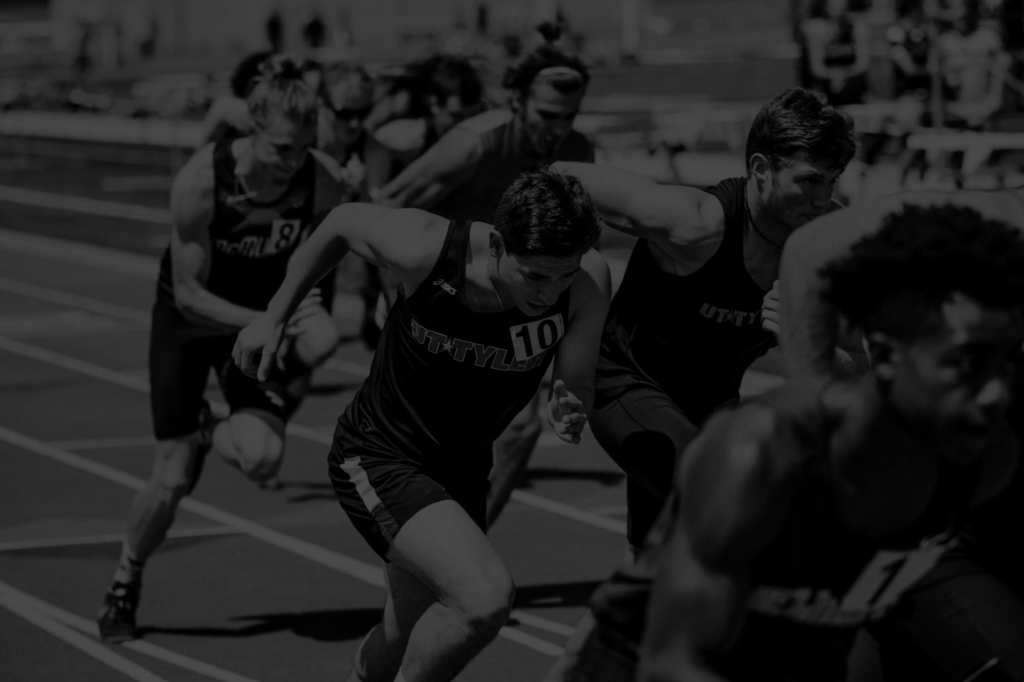The problem of racism in sports, particularly in football, remains relevant. During a match between FC Valencia and FC Real Madrid on May 21, 2023, Real Madrid player Vinícius Júnior was subjected to racist insults from the stands. The player tried to draw the referee’s attention to this, but it didn’t result in any action. In one of the mix ups that followed, Vinícius struck a Valencia player in the face, receiving a red card and being sent off the field. After the game, Vinícius expressed his criticism of La Liga on his Instagram.
Initially, the president of La Liga, Javier Tebas, denied any wrongdoing. However, he later issued apologies. Simultaneously, six referees officiating the match were dismissed, offenders were detained, fines totaling 45,000 euros were imposed, FC Valencia’s stands were closed for five games [FC Valencia partially won an appeal to reduce the fine to €27,000 and the stadium closure period was changed from 5 games to 3], La Liga conducted an anti-racism campaign, and Vinícius’s red card was rescinded. The player also received support from FIFA, FIFPro, the President of Brazil, the UN High Commissioner for Human Rights, and many footballers from around the world.

Additionally, the football federations of Brazil and Spain launched an anti- racism campaign called “Uma só pele” (“One skin”). As part of this campaign, the Brazilian team wore an entirely black kit for the first time in 109 years during a warm up match against Guinea. The Brazilian Football Confederation also promoted the “Com o racismo não tem jogo” (“No playing with racism”) campaign, with its president advocating for more proactive actions by football authorities to combat racism in football.
Everyone should have the right to participate in sports without discrimination, in safe conditions, and with respect for human dignity. The behaviour of officials in sports shows that racism, hate speech, and discrimination still have a place in sports.
Tennis player Sloane Stephens, the world’s 30th-ranked player, stated after her victory in the first round of the French Open that she has faced racism throughout her career, and the situation is worsening, especially online. She noted that she has blocked key prohibited words in her Instagram settings, but “that doesn’t stop someone from just typing in an asterisk or typing it in a different way.” For this reason, she doesn’t believe in the effectiveness of the software available to players at the French Open, designed to block racist comments on social media, although she hasn’t used it. Developers claim that the software operates on different principles and can genuinely protect athletes from insults and harassment on social media.
The Italian Football Association and members of the Italian government signed an agreement prohibiting players from wearing the number 88 [No. 88 is a numerical code for the expression “Heil Hitler”.] in football matches as part of the fight against antisemitism in football.
Read analytics on sports and human rights for April-June 2023
In March of this year, a photo of a FC Lazio fan wearing a shirt with the number 88 and the name “Hitlerson” appeared on social media after the FC Lazio vs. the FC Roma match ended 1-0. Two other fans made the Roman salute. As
a result, all three were banned from attending the FC Lazio matches for life. The agreement also allows football matches to be halted in cases of displaying symbols of hatred or antisemitic actions, and it includes the addition of an ethical code in accordance with the International Holocaust Remembrance Alliance. The Italian Minister of Internal Affairs, Matteo Piantedosi, stated that these measures are “an adequate and efficient response to intolerable prejudice that too often arises in our stadiums.”

Racism in sports is a long-standing and complex issue that affects athletes, fans, and the sports community as a whole. The problem manifests in various forms in different sports and regions and, unfortunately, continues to be the subject of numerous discussions. Combating racism in sports requires the involvement of as many stakeholders as possible, including athletes, sports organisations, fans, investors, and society as a whole. Recognizing the problem, taking necessary actions at both local and international levels, and fostering a culture of respect and inclusivity can help bring about positive changes, allowing everyone to enjoy sports regardless of their racial or ethnic background.

